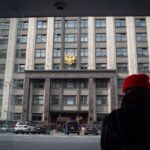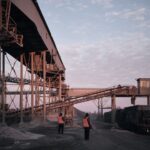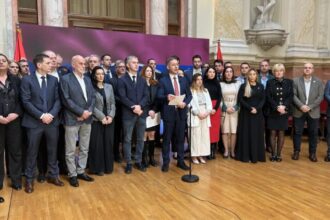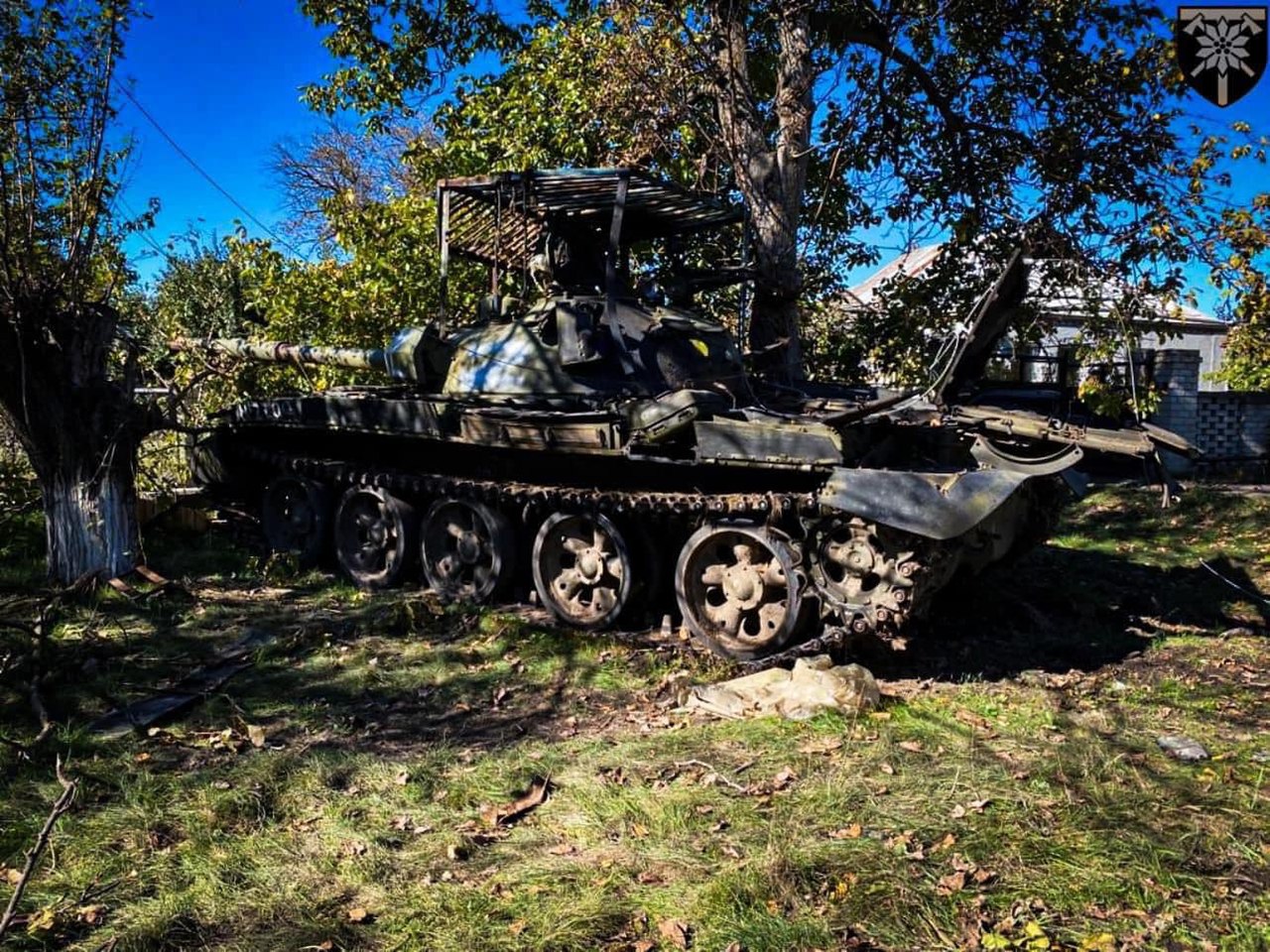Russia faces medium- to long-term constraints on force generation and military-industrial output, which undermines its ability to overwhelm Ukraine by attrition.
The Institute for the Study of War has released a report that highlights the significant challenges Russia faces in its ability sustain long-term offensive activities in Ukraine. The report suggests that the medium- to long-term constraints of Russian force-generation capability and military-industrial production could undermine Russia’s strategy for protracting the war and overwhelming Ukraine by attrition.
According to the ISW there has been an increase in the financial incentives offered by Russian officials for concluding contracts with the Ministry of Defense. This trend may indicate that Russia is exhausting its pool willing volunteers to recruit. The report notes that Russian officials have expressed concern about the diminishing returns of ongoing recruitment efforts.
Despite these challenges the Russian President Vladimir Putin is committed to avoiding a second partial mobilization of reservists. The ISW says that Putin would only resort to this measure if he was under extreme pressure or if his current crypto-mobilization program failed.
ISW notes that “Russian offensive operations against Ukraine have resulted pronounced equipment losses – particularly for armored vehicle – and that Russian military industrial production capacities will likely not be able to replace these losses on a medium- to long term basis.”
In order to address the shortage of material, Russia has turned towards international partnerships. ISW reports that Russia is using relationships with North Korea, Iran and other countries to acquire military equipment and ammunition. Russia also engages with the People’s Republic of China in order to obtain critical components needed for defense production. The analysis indicates that these international procurement efforts may not be enough to meet all of Russia’s material requirements in Ukraine.
Read More @ euromaidanpress.com













